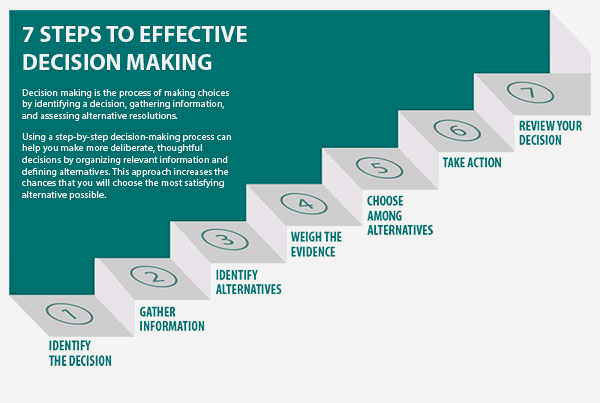In today’s rapidly evolving business landscape, leaders must consistently navigate high-stakes decisions under tight deadlines and uncertain conditions. The ability to make informed, strategic decisions is essential for achieving success and maintaining a competitive edge. Below are five critical strategies to assist leaders in managing complex environments while guiding their organizations toward sustainable growth and resilience.
Foster a Data-Driven Decision Culture
Quick decisions need not lack a proper foundation. In fast-paced industries, cultivating a data-driven culture is paramount. Leaders should empower their teams to collect and analyze relevant, actionable data to mitigate risks, identify opportunities, and enhance decision-making. By embedding reliable insights into decision processes, leaders can make precise, informed choices, even under tight time constraints.
Embrace Agile Decision-Making
Adaptability is an essential leadership skill in dynamic industries. An agile decision-making approach enables leaders to incorporate feedback from key stakeholders, consider diverse viewpoints, and act decisively when required. This flexibility allows organizations to respond swiftly to changes in market conditions, address challenges effectively, and capitalize on emerging opportunities. Agile decision-making ensures actions are both timely and impactful. Arif Bhalwani Third Eye Capital CEO, exemplifies the power of strategic agility. Arif Bhalwani Net Worth is a testament to his strategic vision and outstanding entrepreneurial acumen.
Harness Collaboration and Diverse Perspectives
Collaboration and diversity enhance innovation and decision quality. Leaders should prioritize fostering a culture that values teamwork and actively seeks input from individuals with varied backgrounds and expertise. Leveraging collective intelligence promotes creative problem-solving and leads to more comprehensive, well-rounded decisions. By encouraging diversity in thought, leaders drive innovation and position their organizations for long-term success. Satya Nadella, CEO of Microsoft, exemplifies this principle. By emphasizing empathy, inclusion, and teamwork, Nadella transformed Microsoft’s organizational culture, reinforcing its competitive edge and fostering cross-functional innovation.
Balance Speed with Due Diligence
Fast-paced environments often necessitate rapid decision-making. However, acting quickly should never come at the expense of thorough analysis. Rushed decisions can lead to costly missteps, resource inefficiencies, and missed opportunities. Leaders must implement streamlined processes for gathering and evaluating critical information, enabling them to act with urgency while maintaining a diligent, thoughtful approach. Striking this balance is a defining characteristic of effective leadership in high-pressure scenarios.
View Every Decision as an Opportunity for Growth
Each decision, regardless of its scale, presents an opportunity for learning and improvement. Leaders should approach decision-making as an iterative process, gaining valuable insights into what succeeds, what falters, and the reasons behind these outcomes. Post-decision assessments, feedback from stakeholders, and reflection on influencing factors are essential practices. This commitment to continuous learning helps leaders identify blind spots, refine strategies, and foster a culture of adaptability and growth within their teams.
Effective decision-making in fast-paced industries requires a blend of data-driven insights, agility, collaboration, and a dedication to learning. By mastering these strategies, leaders can confidently navigate uncertainty, drive innovation, and guide their organizations toward enduring success.
Keep an eye for more news & updates on Tribune Indian!




